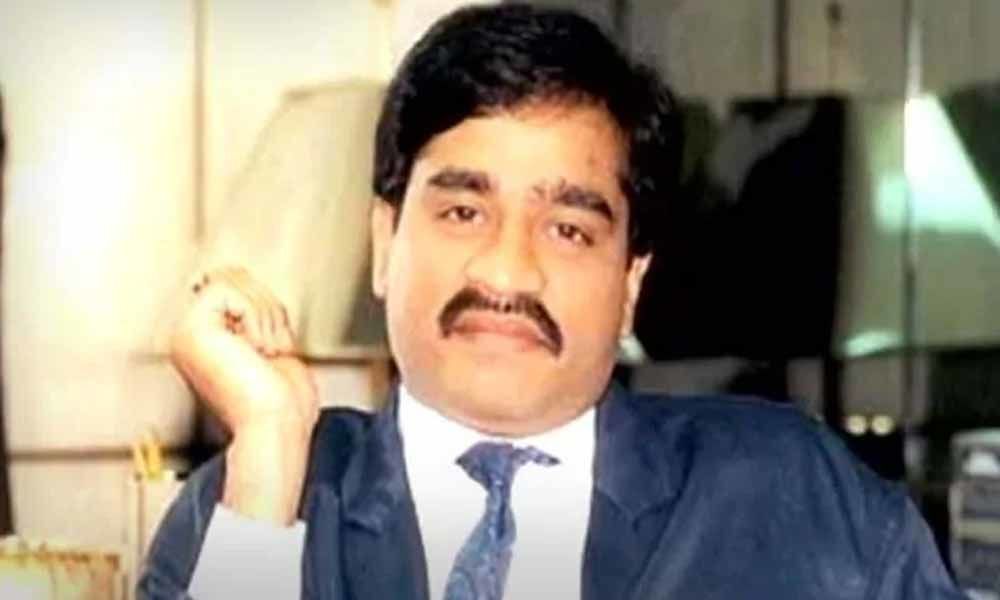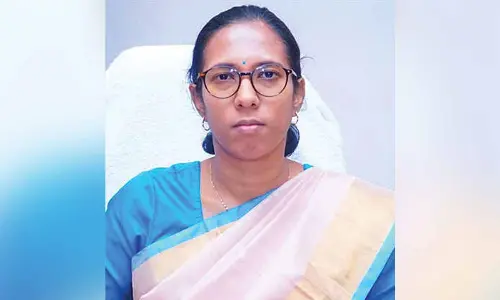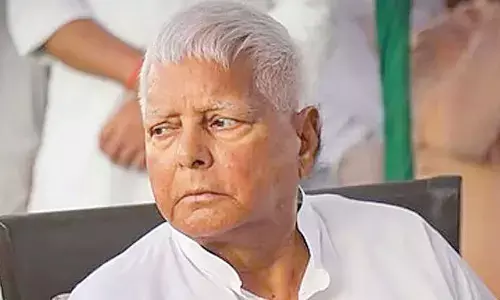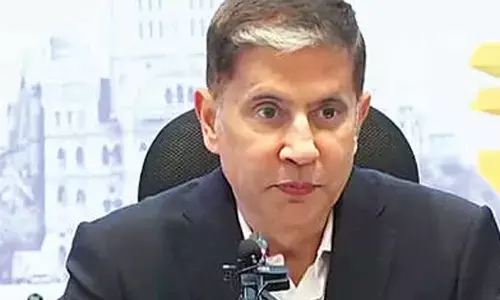Pakistan witnesses to appear in secret at Dawood aide Jabir Moti's extradition trial

Jabir Moti, faces extradition to the US on charges of money laundering, extortion and conspiracy to import unlawful substances such as heroine.
A UK court on Wednesday allowed underworld don Dawood Ibrahim's top Pakistani aide Jabir Moti's appeal to permit two defence witnesses to depose in-camera during his ongoing extradition trial in London.
The witnesses are believed to be appearing via video link from Pakistan.
Moti, 51, faces extradition to the US on charges of money laundering, extortion and conspiracy to import unlawful substances such as heroin.
He appeared in the dock at Westminster Magistrates' Court on day three of the trial after his arrest by Scotland Yard's Extradition Unit last year.
Judge John Zani accepted an application by Moti's barrister, Edward Fitzgerald, for the defence's two key witnesses to be allowed to give their evidence "in chambers".
"I am going to give this order but will keep it under review," the judge noted.
The two witnesses, as yet unnamed, will seek to bolster the defense's case against Moti's extradition to the US by arguing in his favour as a legitimate businessman from Karachi who suffered from severe depression and would be at high risk of suicide if he were to be held in a US jail under extreme conditions.
The trial, which opened on Monday, has heard how Moti was the subject of a sophisticated undercover operation by the Federal Bureau of Investigation (FBI), which deployed Pakistani-origin Americans in Pakistan to monitor many of his illegal activities dating back over 10 years.
Moti, a Pakistani national who is referred to during the court proceedings under different names including Jabir Motiwala and Jabir Siddiq, is accused of laundering around USD 1.
4 million to date on behalf of D-Company, headed by Dawood Ibrahim - a key accused in the 1993 Mumbai bomb blasts case.
"Motiwala, a high-ranking member of D Company, travels extensively and conducts meetings for its head one Dawood Ibrahim, an Indian Muslim who along with his brother Anis Ibrahim are fugitives from Indian justice," said barrister John Hardy, appearing on behalf of the US government.
In his opening statement for the trial, Hardy laid out details of D-Company as an international criminal organisation based in India, Pakistan and the UAE which carried out illegal activities in the US, including narcotics trafficking and extortion.
He told Judge Zani that the FBI's investigations, dating back to 2009, involved a series of confidential sources who held undercover meetings and telephone and email interactions with Moti, which implicate him as a lead money launderer for D Company.
Moti's legal team raised the issue of "passage of time" as part of his defence, claiming that the alleged offences date back many years and the "long delay" between 2014 and 2018 had not been explained by the US authorities.
However, the crux of the defence case seemed to focus on Moti's mental health condition, which they claimed would be exacerbated on being held in adverse prison conditions in New York.
"He has a long and documented history of suffering from depression and has made at least three suicide attempts in 2008, 2011 and 2015 and has remained in the care of a psychiatrist in Pakistan since 2008, Fitzgerald told the court.
He added that given the gravity of his condition, Moti would be a high suicide risk if he were to be extradited.
The Crown Prosecution Service (CPS), arguing on behalf of the US government, submitted that while it is accepted the defendant has had mental health issues in the past, the issue for the court would be to determine what measures can be taken to mitigate any risk posed by that condition if he was to be extradited.
Moti was arrested by Scotland Yard officers from a London hotel in August 2018 in connection with a US grand jury indictment following an extensive FBI investigation.
The charges against him relate to a period between 2010 and 2014 and could carry a sentence of around 25 years behind bars in the US.
Moti's defence team has previously disputed allegations of him being a key aide of D Company as obvious nonsense, describing their client as a man of exemplary character who is a tax paying, prominent businessman based in Karachi and accredited as a stockbroker, with a family stock-broking business dating back to the 1950s in Pakistan.










